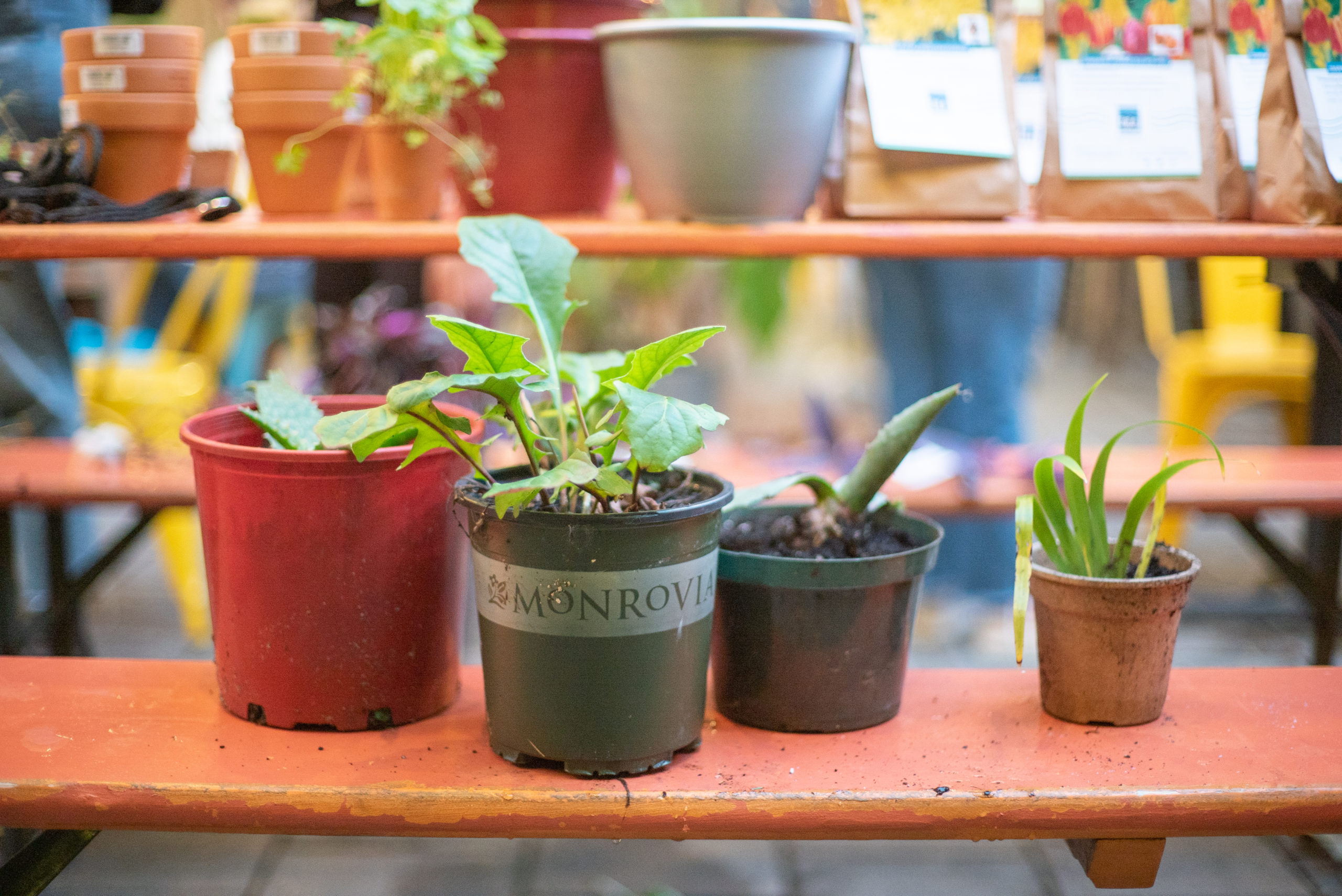General
A Family Business: Q&A with Two Generations of Solo Real Estate
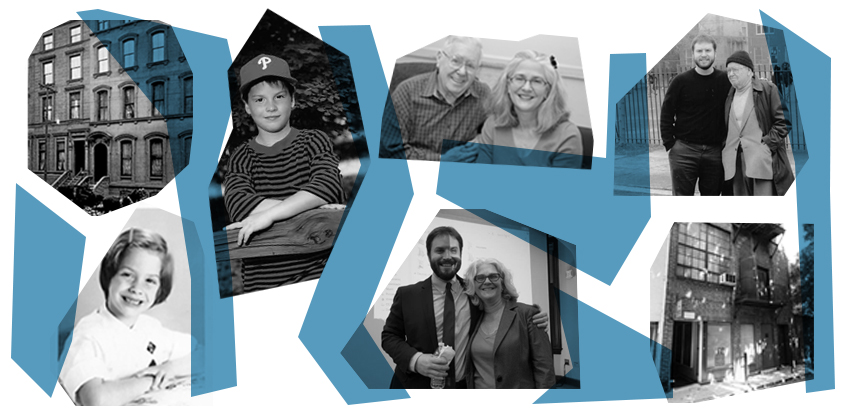
It all began with a department store on Chestnut Street that was once owned by Deborah Solo’s grandfather. In the 1940s, he decided to sell his share of the store, and purchase a few multi-unit buildings throughout Center City. After returning home from World War II, Deborah’s father began managing those properties. Little did he know then that he was sowing the seeds of what would grow to be a successful family-run real estate brokerage that’s still going strong over a half-century later.
Now in its fourth generation (if you count Deborah’s grandfather who purchased those properties in the beginning), the brokerage officially began in 1951 after Deborah’s father, Stanley Solo, received his license and founded the business. Today, Deborah, her husband Angel Franqui (a Philadelphia real estate attorney) and their son Alex, own and manage the company.
We spoke with Deborah and Alex about the history of the business, how it’s changed and grown alongside the Philadelphia real estate market, and what it means to be one of the last standing small, independent brokerages in the city.
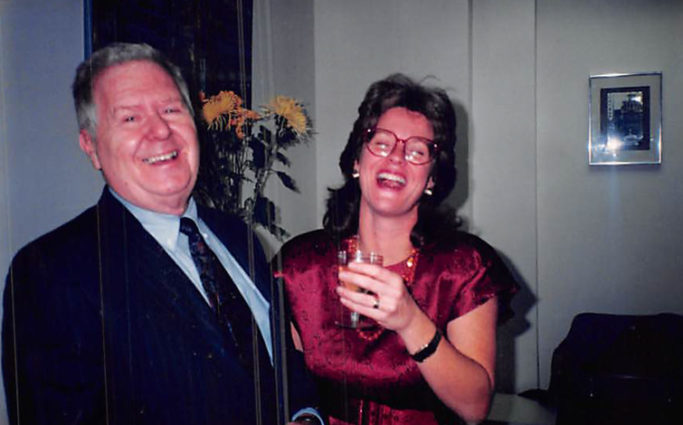
Deborah, what was your experience in the early days of your father’s brokerage?
Deborah Solo: Because it was my dad’s business, I realize what that means now, he worked lots of long hours, and lots of weekends. As a concession, he offered to take us with him to open houses. In Center City, there was kind of a resurgence. Properties in Center City were being rebuilt. So my earliest memories, really, are going with him to open houses. Sometimes, I’ll go into a house and I’ll feel like I have been there before, and it’s because I probably was there before.
Alejandro (Alex) Franqui: It’s funny, because that’s my earliest memory of you [Deborah]. I remember an open house, I think in Logan Square. I remember sitting on the steps and listening to you talk about the property.
Deborah: That really is a family business when there’s generational, my father took me to open houses, my mother took me to open houses. Makes sense!
Deborah, can you tell us about your time in Chicago and San Francisco?
Deborah: I received a bachelor’s degree from the University of Chicago in Russian studies. My interest in that field was that my mother was Russian. I minored in art, then moved out to San Francisco, and got another bachelor’s degree from the San Francisco Art Institute in painting. I thought about going to graduate school in fine art, but I decided to come back to Philadelphia and go for architecture. Certainly, the architecture interest was from growing up seeing buildings.
How did you decide that you wanted to come back into the family business?
Deborah: My father needed my help in the mid-1980s. I came back to help him run it, and then proceeded to get my license, and ended up taking an active role in running the company.
Was there a formal time when your father passed the torch, or was it more that you eventually found yourself running the business?
Deborah: There really wasn’t a formal time. In the early 90s I was doing more and more of the running of the business, and as my father aged he became more interested in property management than sales, and the business changed as more brokerages came up in Center City. It became more competitive. He wasn’t terribly interested in that aspect of it, so I think it was more of a gradual letting go of his heart.
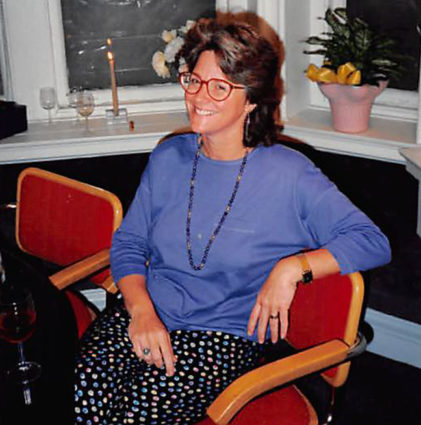
Alex, you’re the fourth generation. This business is in your blood, but you studied film at Yale and spent time in Los Angeles before working for Solo. Can you tell us about that?
Alex: Maybe it’s because I grew up in a business, with businesspeople, but I thought I should do the business side of film. I got out there in the spring of 2008, and got a job relatively quickly, especially considering how bad the economy was. Then, I came back in 2012 and went to grad school. That’s when I really joined the business full time. My second summer of college, I got my real estate license, and started to do rental showings. Here and there I had worked off and on from the time I was 19 or so, but then really full time, with graduate school mixed in, when I was about 27. Since then I’ve been working with my mom, sort of as a junior partner.
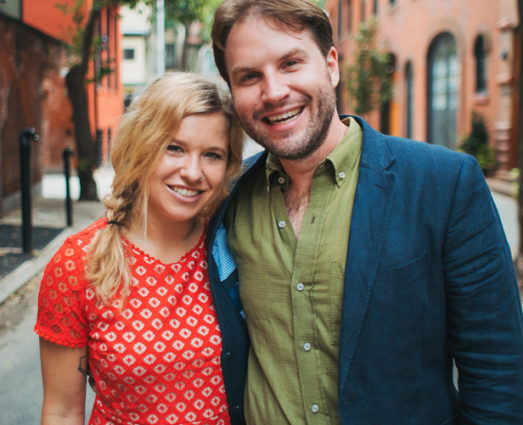
How has the business changed during your years in real estate?
Deborah: The business has changed a lot since I got my license in the mid-80s. The Internet with real estate websites and people’s need for immediate gratification have made the most significant differences.
Alex: You [Deborah] tell me, because I’ve heard you say this a lot, but in the late-90s you’d sell everything at an open house. People used to come into the open house, there’d be agreements of sale there, because that’s how people were going to see it. Otherwise they wouldn’t even know how to see it. That was before there was an active MLS.
Deborah: There has been an MLS for a long time, but it was on paper. We used to get books that had listings in them. That was largely how agents found out about listings.
Alex: Since the Internet has become more and more ubiquitous, we’ve seen so much consolidation. When your father opened up this business, there were probably 50 other businesses like this, doing what we did. And as you like to say, he was just the last man standing. And all those other businesses either went out or were bought by other businesses. Small family run brokerages that also do development and property management—there aren’t too many of us left.
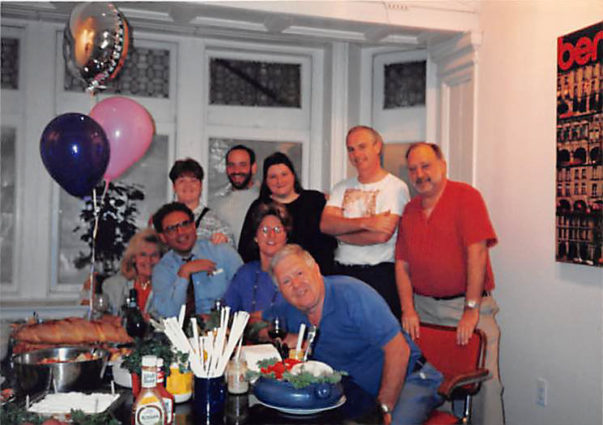
You’re involved in the community, working alongside Pennsylvania Horticultural Society and other organizations. Can you speak about those programs and why you feel they’re important to support?
Deborah: I grew up part of a community that emphasized the importance of giving back. Those values were instilled from an early age. The organizations we’ve picked are especially concerned about our climate. The green initiative and recycling have been very important to me for a long time. Sponsoring the PHS pop-up garden was a good fit because of those values. As far as other community organizations, we make contributions to different parks. Recently we’ve been involved with a park in East Falls, and another one in Lower Kensington, and we’ve been very involved in the Kensington Community Food Co-op.
Alex: If my family didn’t do real estate, I wouldn’t do real estate. I wouldn’t go to another city and do this, and I wouldn’t go to another brokerage and do this. So, I feel like the involvement in other things is really what I’m interested in, and real estate is a little bit of a platform to be able to do those things. It makes it worthwhile in a way. Being able to be involved with good nonprofits, organizations, and community groups makes me feel like I’m not just a salesman.
Deborah: Giving back is important. When I was still in graduate school, I took a couple of courses in historic preservation. I was always interested in preservation and reuse, and I did some historic preservation work for clients when I worked as an architect. In one of my classes, I picked Northern Liberties as a neighborhood to look at, and studied the question of, What would be the impact of putting Northern Liberties on the historic register? At the time there was a fairly decent tax break if you went through the process to historically certify a property. As a result of the class, I became more interested in Northern Liberties. Back then it was very vacant, lots of empty lots.
In the early 80s we started to buy and renovate properties there. Of course, there isn’t one tiny little piece of land left in Northern Liberties, but at the time, there was lots of open space. I became involved in rescuing what became a community park, Liberty Lands on 3rd street. Before the neighborhood park was created, there was a big warehouse and it eventually burned. The rumor was that the developer set fire to the building for the insurance money.
Builders have to build, but I think preserving, and making sure that there’s some land left in all of the different neighborhoods is really a key thing for us in the city. That’s something I’m personally very involved in.
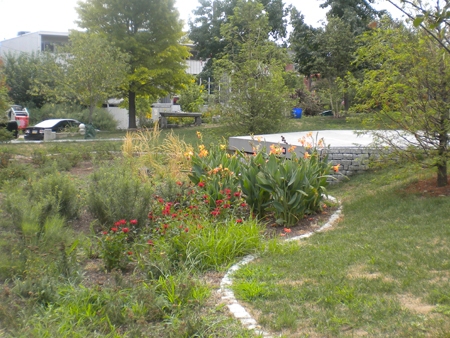
What’s the best part of being in this business? What are you proud of?
Deborah: During the 1990s, the early development years in Northern Liberties, I sold properties and helped people come into the community. I’m very proud of that and I think that’s a positive thing.
I wrote a chapter in Local Einsteins Philadelphia about “what you have to know before you buy real estate in Philadelphia.” I did the chapter on Northern Liberties. It’s changed a lot, but at least during a period of time in my lifetime, I was able to help a lot of people purchase homes in the neighborhood. That’s why I think the sales side is more positive for me than it was for my father. I feel like I’m helping people realize something that’s really important to them; their first home, or moving to their second home. I’m helping them realize some kind of dream.
Then there are things that I’m interested in, that I can do because the business is successful, like sponsor PHS, or loan money to the Kensington Food Co-op. Those things are a good use of the business success I’ve had.
Alex: I think people use an agent who they identify with most of the time, and it’s unusual that people are completely different, or that your clients have different priorities than you. My mother has always tried to approach this ethically, and if you do that, I think you get ethical clients.
The hardest thing about this business, because it is a client business, is to be able to take the clients you want to take, and not the ones you don’t. It’s a fine line I guess. It’s even just the small things. If you help somebody sell or buy a property, and they really are appreciative, and they become a friend in the process, that’s the best part.
Deborah: Yes, that’s the most rewarding part. To help somebody and maintain a relationship with them. It can be a very emotional process, buying property. There’s lots of ways that it could fall apart, so if you can get through it, you have built a very strong bond with your client.
In a business where you could be associated as a used car salesman, and where there are so many people that are unethical, to be known as ethical and honest—and it’s almost an oxymoron, the honest real estate agent—that’s the best part.
Alex: You have to be able to see the big picture. I think there’s a lot of people who approach it just as a transaction, and ultimately that’s at a detriment to their reputation. There are situations where I have taken less money for my commission because it was the right thing to do. Or, because it’s the best way to make a deal happen. Ultimately, doing those things leads to future business, better business, and also feeling better about myself.
What’s in store for the future of Solo Real Estate?
Alex: This is an enormous stressor!
Deborah: Yes, we were just talking about that. I think more development.
Alex: But the right kind of development. The reason we were able to do Kensington Yards was because we made an acquisition at a good time, before a lot of other people were already investing in the area. If we had been later to the party, we would not have been able to make the project that we made.
I think other developers try to do a lot of volume, but because we are just, really just us, every project has to count. That’s a challenge. I would like to do another project, but I don’t know what it is, and it will really have to be the right opportunity.
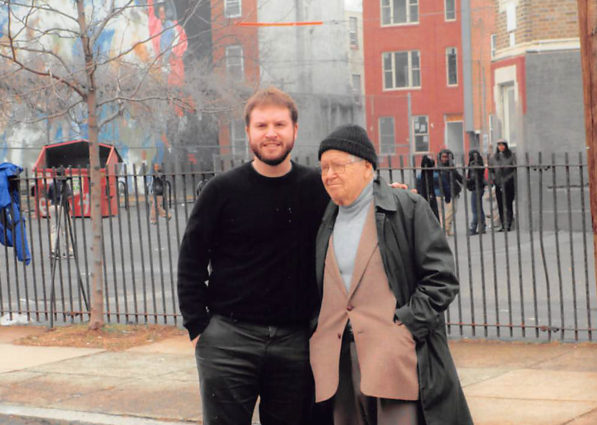
Deborah: In terms of the business, we’d like to attract a couple more interesting, quality agents who share our sensibilities. We’re always looking for that. And probably continuing more property management.
Alex: I’m proud of the way that we do management. It’s a big challenge, and it’s hard to manage all the different owners, let alone the properties. Different people have their own needs for their properties. I’m glad we do property management because we can create opportunities for first time and small investors. We’re not just like a wealth management fund. I think we create a lot of value there, and provide a lot for our clients that help us maintain a relationship.
We want to determine how we stay on this course as everything changes, and innovate, but also do things the way we’ve always done them in a way. We want to improve and do new things when they’re necessary, but we’re not a disruptive company. It’s not like we’re sitting here trying to reinvent the way the real estate business is done.
Deborah: I don’t want to lose the things that make us who we are, and give us integrity. We want to keep those things and always do it better.
Curious to see how our trusted and experienced team can help you buy, sell, or manage a property in Philadelphia?
Drop us a line and we’ll be in touch right away!
Error: Contact form not found.






